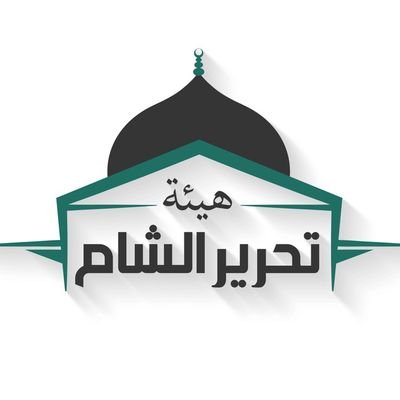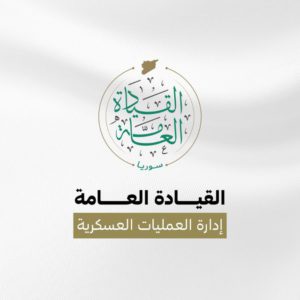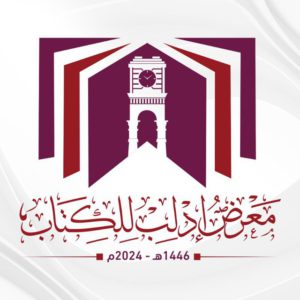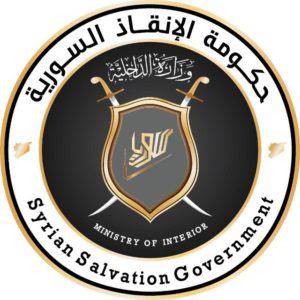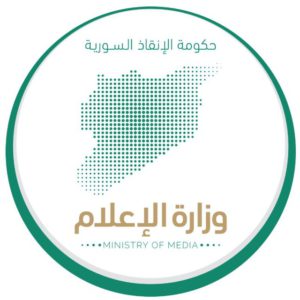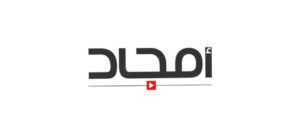
“God willing,” the militant told his lieutenants, they would “be able to celebrate Eid al-Fitr in Aleppo and Damascus soon.” That militant was Abu Muhammad al-Jawlani, the leader of Hayat Tahrir al-Sham — the Islamist coalition that took Aleppo by storm last week. As it turns out, his remarks — delivered in April to the leaders of his group’s militant wing — were not mere whimsy. He had a plan. And Eid al-Fitr is still four months away.
It has become a common refrain in recent days that Hayat Tahrir al-Sham was able to take Syria’s second largest city in a matter of days only because of Russia’s distractions elsewhere and the hammering the so-called Axis of Resistance has taken since the Oct. 7, 2023, attack on Israel. To be sure, that is part of the story alongside a weak regime, but only a part. This would not have been possible had Hayat Tahrir al-Sham not transformed itself over the last four and a half years.
From the March 2020 ceasefire in Syria to last month, Jawlani made concerted efforts to build more resilient institutions locally and reform Hayat Tahrir al-Sham’s governance and military apparatuses. Jawlani believed that the space given post-ceasefire would help build greater capacity and experience locally in what they call the “Liberated Areas” so when the time was ripe, the coalition would be able to export these institutions to the rest of Syria as Jawlani described back in July 2022. So far in Aleppo, it seems like they have been able to scale up these institutions quickly, with civilians already taking control of governance days after its military apparatus took the city. How much more territory Hayat Tahrir al-Sham can take remains an open question, but either way, the model built in northwest Syria will be carbon-copied to the new “Liberated Areas” as it consolidates its control.
Click here to read the rest.

